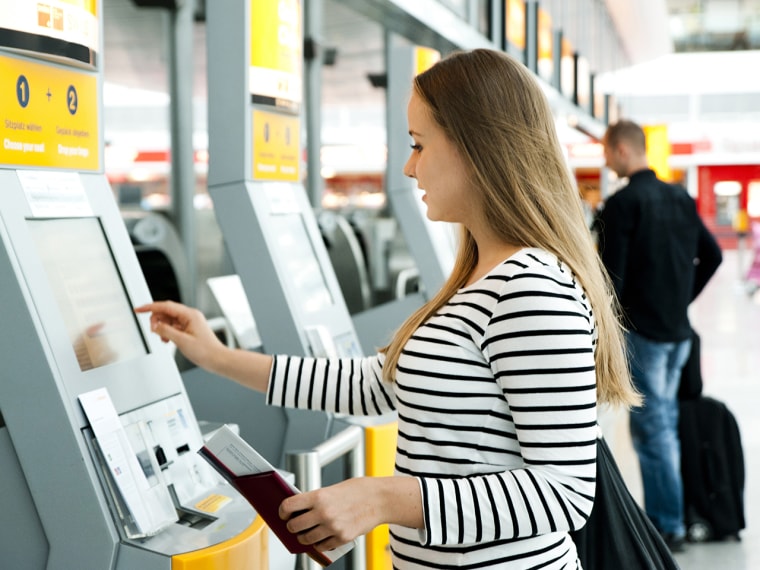There’s a lot that can go wrong on a summer vacation. You can pay too much for a plane ticket, get stuck in a lousy hotel or get sick in a foreign country. The best way to reduce your odds of having a vacation nightmare is to plan ahead and know how to work the system.
If you’re looking for a travel deal, like to cruise and aren’t worried about a rash of recent problems at sea – you’re in luck.
“These days, cruises are among the best vacation values, especially if you have the flexibility to pick up a last-minute deal,” said Ed Perkins, travel expert for SmarterTravel.com. “Lots of cruise agencies are promoting a combination of low rates and several-level upgrades.”
Perkins noted that some transatlantic repositioning cruises have inside rooms starting at $50 a day per person and even outside and balcony rooms at under $100 per person per day. Those will start operating from Europe to the Caribbean this fall and again to Europe in the spring.
During a TODAY Money Chat this week, Perkins shared a variety of timely travel tips.
What’s the best way to pay when in a foreign country?
“Use a credit card for big expenses,” Perkins said. “Use a debit card to get cash from ATMs.”
As soon as you make your plans, check to see if your credit card charges a currency conversion fee. Some cards don’t charge for this service (NerdWallet.com has a list of these cards). Others will ding you for as much as 3 percent of the total purchase price. But that’s a lot better than you’d get exchanging currency or travelers checks, Perkins told me.
What about using those currency exchange services at the airport?
“In my experience, airport exchange desks have the worst exchange rates you find anywhere. Avoid them if you can,” Perkins cautioned. “Almost all big airports these days have ATMs where you can get local currency.”
Both MasterCard and Visa have worldwide locator services on their websites that let you find their airport ATMs.
What about using my credit cards outside the U.S.?
In many parts of the world, especially Europe, they use “smart cards” that have an embedded computer chip.
A traditional credit card with a magnetic strip on the back will not work at some retail stores and restaurants. They are virtually useless at automated kiosks – the kind you might find at a train station or parking garage.
Quite a few American banks now issue chip-enabled cards. If you’re headed abroad, ask your credit card issuer if you can get one.
How do these cards work in a foreign country?
“The U.S. issued chip cards differ from some others in that you still have to sign rather than use a PIN,” Perkins explained. “But the Europeans I encountered can easily deal with that, and the cards work in automated systems without either a PIN or signature.”What about travel sites, such as Priceline and Hotwire that promise to get you a hotel for less?
Perkins said he has had very good luck using them. He tends to stick to 3 1/2 or 4-star properties.
“[But] the prices aren't always as good as they seem,” he said. “Those agencies typically add as much as $50 in their own fees, so what you pay is more than what you bid or select.”
What about insurance; is that worth getting?
Perkins recommends trip cancellation/interruption (TCI) insurance any time you have advance payments with cancellation penalties that are more than you want to pay if you have to cancel a trip.
“I recommend ‘cancel for any reason’ insurance so you don't have to argue with a bean counter about whether you cancelled for a ‘covered’ reason,” he said.
Check to see if your health insurance policy covers you while you’re traveling. If not, you’d better get some extra protection. Remember: Medicare does not work outside the U.S. and you don’t have all that much coverage with a Medigap policy.
That’s why travelers 65 or older going outside the country would be wise to buy medical insurance for their trip. Perkins said the best medical policies pay up front if you need medical treatment; you don't have to foot the bill and then ask for reimbursement later.
Herb Weisbaum is The ConsumerMan. Follow him on Facebook and Twitteror visit The ConsumerMan website.
